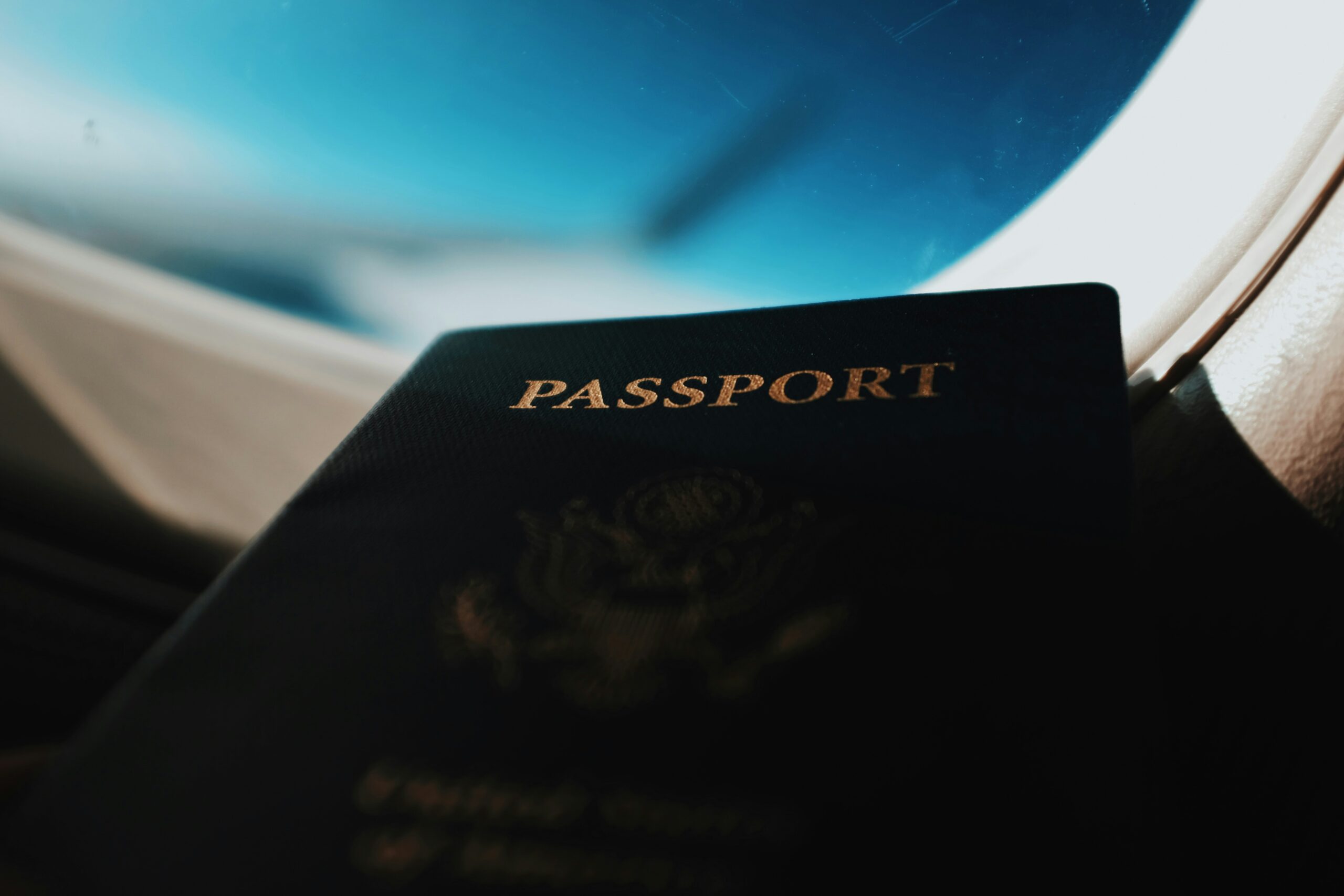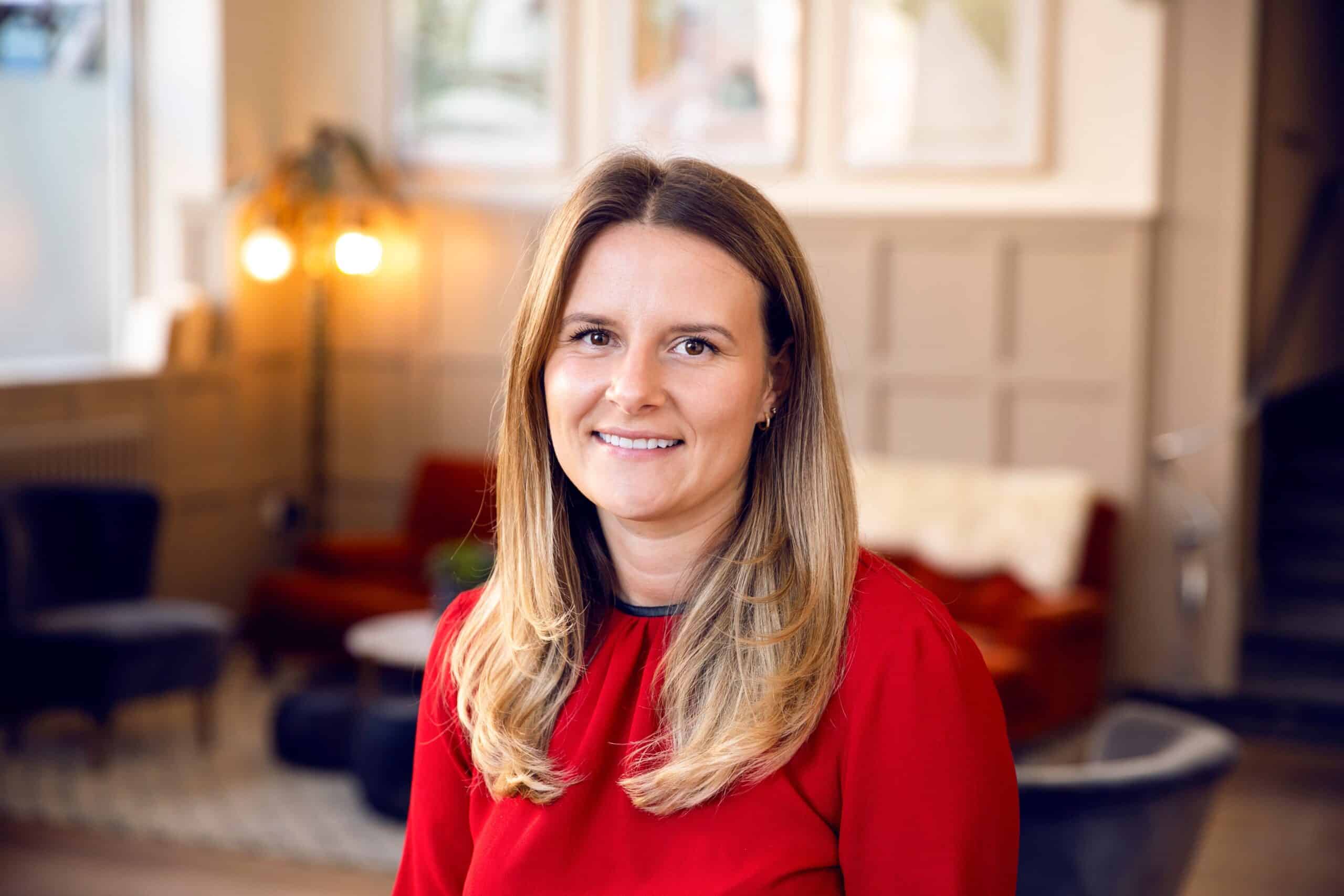How important is the parties immigration status in child abduction proceedings?
Immigration status is playing an increasingly important role in international child abduction cases under the Hague Convention. This article looks at how visa uncertainty can affect parents facing return applications and the steps courts may take to address these concerns.

Reflections on YM v ML [2025] EWHC 2219 (Fam)
I recently represented the respondent mother in the case of YM v ML [2025] EWHC 2219 (Fam), a Hague Convention child abduction matter heard before Mr Nicholas Allen KC in the High Court, Family Division.
Case summary
The father applied under the Hague Convention 1980 for the summary return of the parties’ two-year-old son to Australia, where the child had been born and where the family had previously lived. The mother resisted the application, invoking Article 13(b) of the Convention, which allows a court to refuse return where doing so would expose a child to a grave risk of harm or otherwise place them in an intolerable situation.

Her defence rested on three interlinked arguments:
- Domestic abuse – allegations of controlling behaviour, verbal abuse, and substance misuse by the father.
- Mental health – evidence that the mother’s chronic depression would worsen if she were forced to return.
- Immigration status – uncertainty over her right to reside in Australia, creating the risk of instability or separation from her child.
While the Court accepted that these were serious issues, it ultimately held that the Article 13(b) threshold was not met and ordered the child’s return to Australia. Importantly, the return was subject to protective measures, including independent accommodation for the mother and child, financial support and medical cover.

Immigration status – a growing concern in Hague Convention cases
One of the most striking aspects of this case was the mother’s immigration status in Australia, which emerged as the central plank of her defence.
Unlike many Hague Convention disputes, neither parent nor the child was an Australian citizen or permanent resident. All three were British citizens reliant on temporary visas.

Expert evidence
We obtained independent evidence from Ms. Zefy Souvlakis, an accredited Australian immigration lawyer, who explained:
- The family held a Skills-in-Demand visa (subclass 482), granted in April 2025 and valid until 2029.
- The visa was obtained on the basis that the parties were in a de facto relationship, which by then they were not. This created a moderate risk of cancellation if the Department of Home Affairs investigated further.
- If cancelled, the mother could face a difficult process: applying for a bridging visa (potentially without work rights), or mounting an expensive appeal lasting months or years.
- There was a real, albeit uncertain, possibility that the mother and child might face questioning or even temporary detention on arrival in Australia.

The mother’s concerns
For my client, this went beyond technicalities. She feared:
- Living in constant uncertainty, dependent on her ex-partner’s visa status.
- The risk of separation from her child if she lost lawful status.
- The psychological toll of feeling she would have to “lie” to the authorities about her relationship, something she was not prepared to do.
These anxieties were heightened by the father’s suggestion, that she could simply present to the authorities as if they were still together — a position she understandably refused.

The Court’s view
The Court accepted that immigration uncertainty could, in principle, create an intolerable situation if it risked separating a child from their primary carer. However, on the evidence:
- The visas were valid until 2029.
- There was no evidence of any active cancellation process.
- The risk of being denied entry was assessed as low to moderate.
- Protective measures, including a AUD 15,000 contingency fund for visa issues and assurances that the father would not undermine the mother’s status, were deemed sufficient.
The judge concluded that the family’s position was “secure enough” to allow long-term welfare decisions to be made by the Australian courts.

Why this matters
This case highlights the growing role of immigration law in international child abduction proceedings. Before Brexit, free movement meant that parents rarely faced these issues within Europe. Now, with families increasingly reliant on visas, immigration uncertainty is becoming a live question in Article 13(b) defences.
The decision in YM v ML suggests that:
- Courts will look closely at immigration evidence, but valid visas – even if precarious – will usually be considered sufficient for a return.
- Protective measures (financial, practical, and legal) can mitigate immigration-related risks.
- For a defence to succeed, parents must show not just uncertainty but a real likelihood of separation or intolerability for the child.

Final thoughts
For my client, the case was deeply challenging, balancing her own vulnerabilities with her son’s welfare. While the Court ultimately ordered a return to Australia, it did so with safeguards designed to protect her and her child through the transition.
For practitioners, this judgment underlines the importance of raising immigration issues early and obtaining proper expert evidence. For parents, it serves as a reminder that Hague Convention cases move quickly and carry immense consequences — urgent, specialist advice is essential.
Family law specialists
At Ellis Jones, we remain committed to supporting parents caught in these complex cross-border disputes, always with the child’s welfare at the heart of what we do.
If you require any advice or assistance regarding matters of international child abduction or thinking of relocating abroad, please do not hesitate to contact the Ellis Jones Family Team on 01202 525333 or email London-based Family law expert Georgina Emerson on Georgina.emerson@ellisjones.co.uk. Georgina can also provide advice and support on all other forms of family law matters.
How can Ellis Jones help?
If you would like help or advice regarding from one of our specialists, please do not hesitate to contact us on 01202 525333.
Get in touch














